
Dialogue Organized by the Doha International Family Institute (DIFI). Topic: As They Raised Me From Childhood: Specialized Programs to Better Parenting
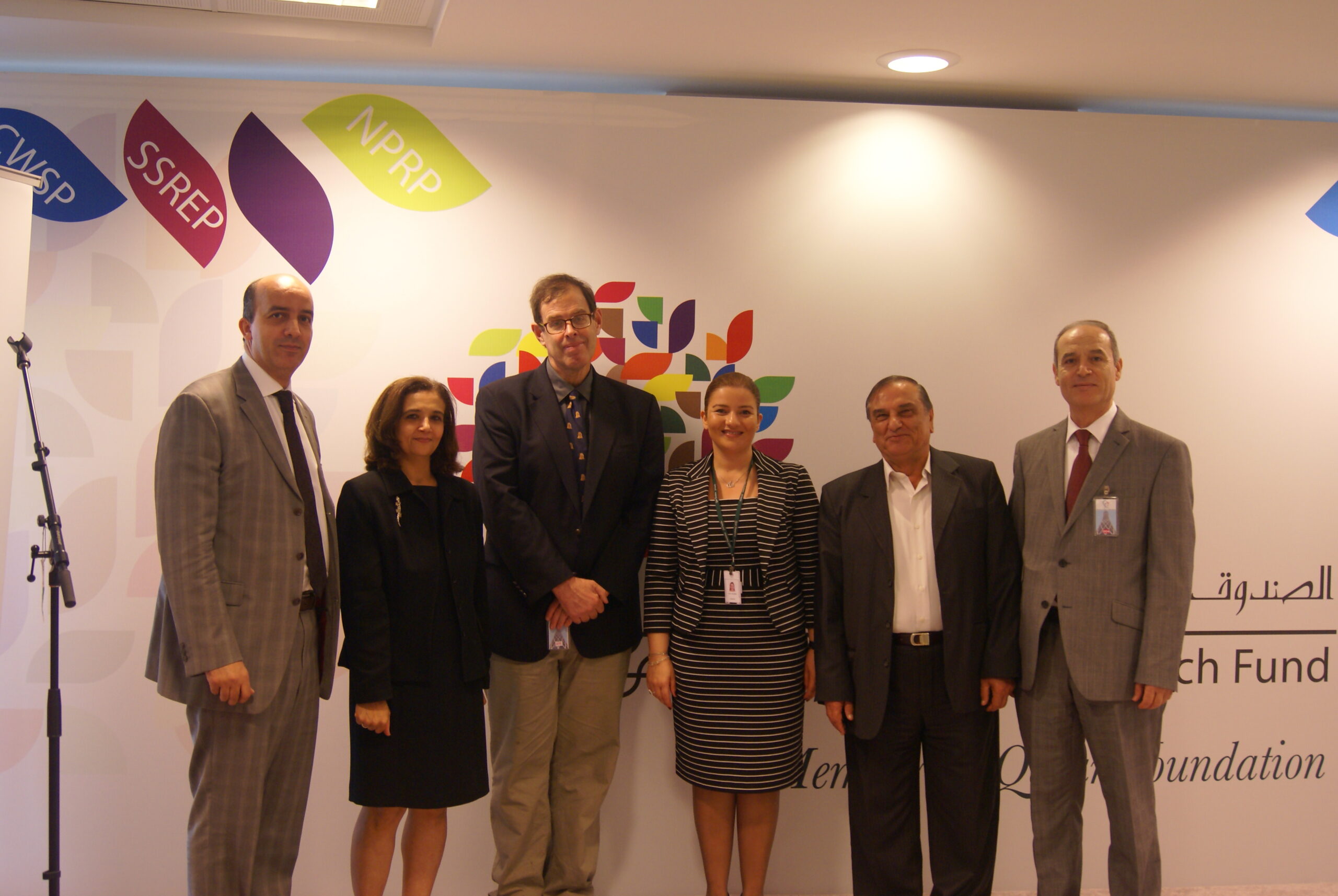
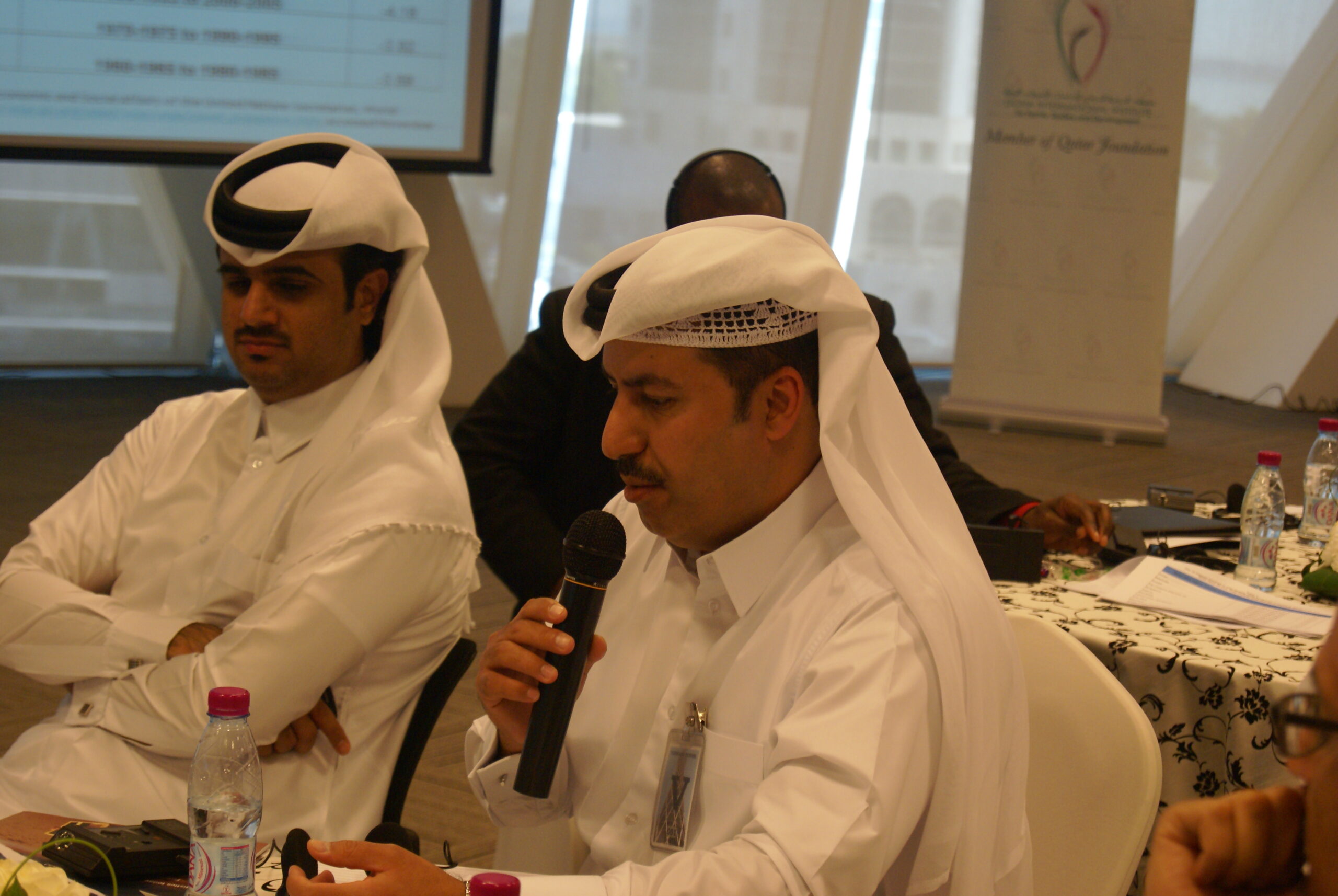
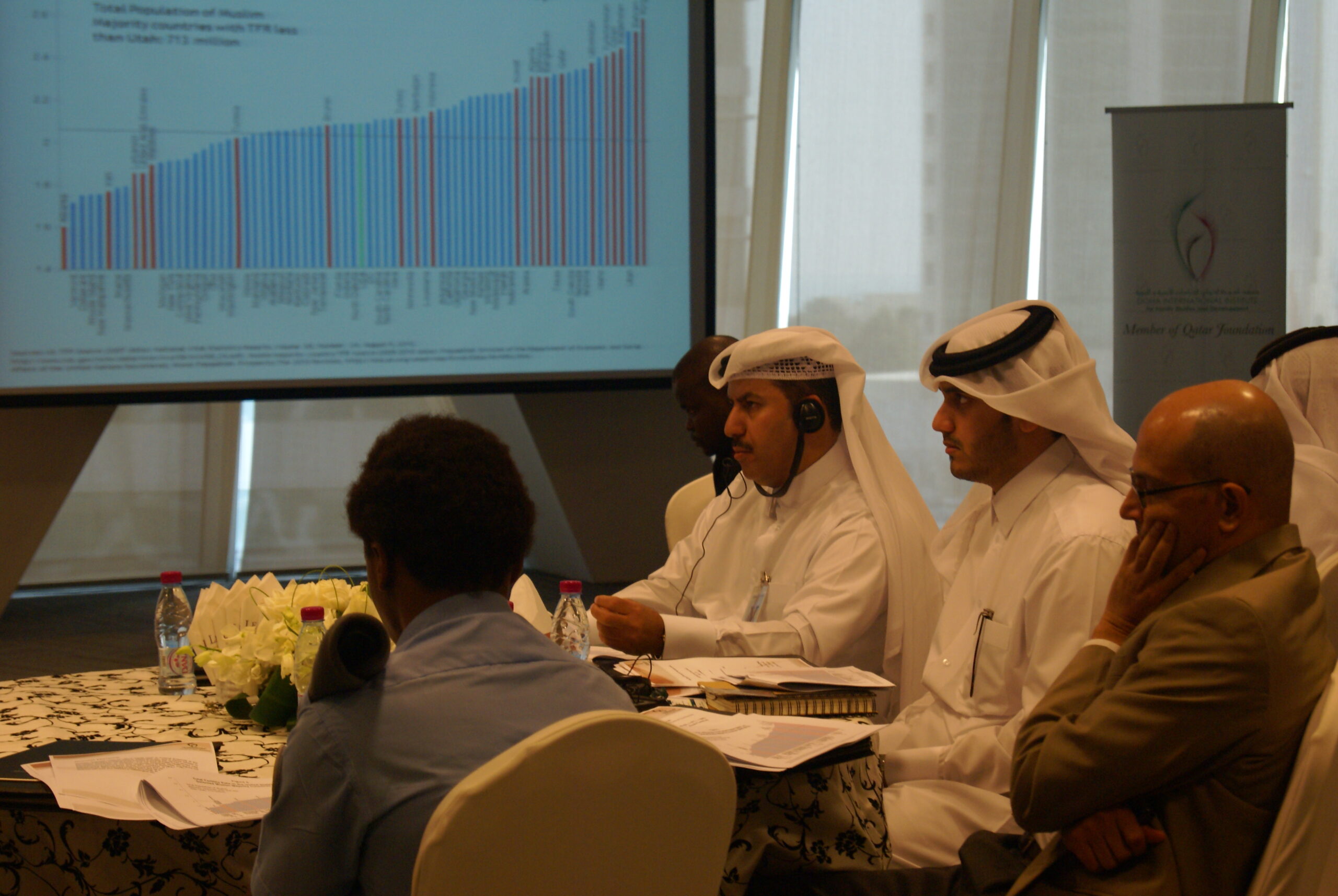
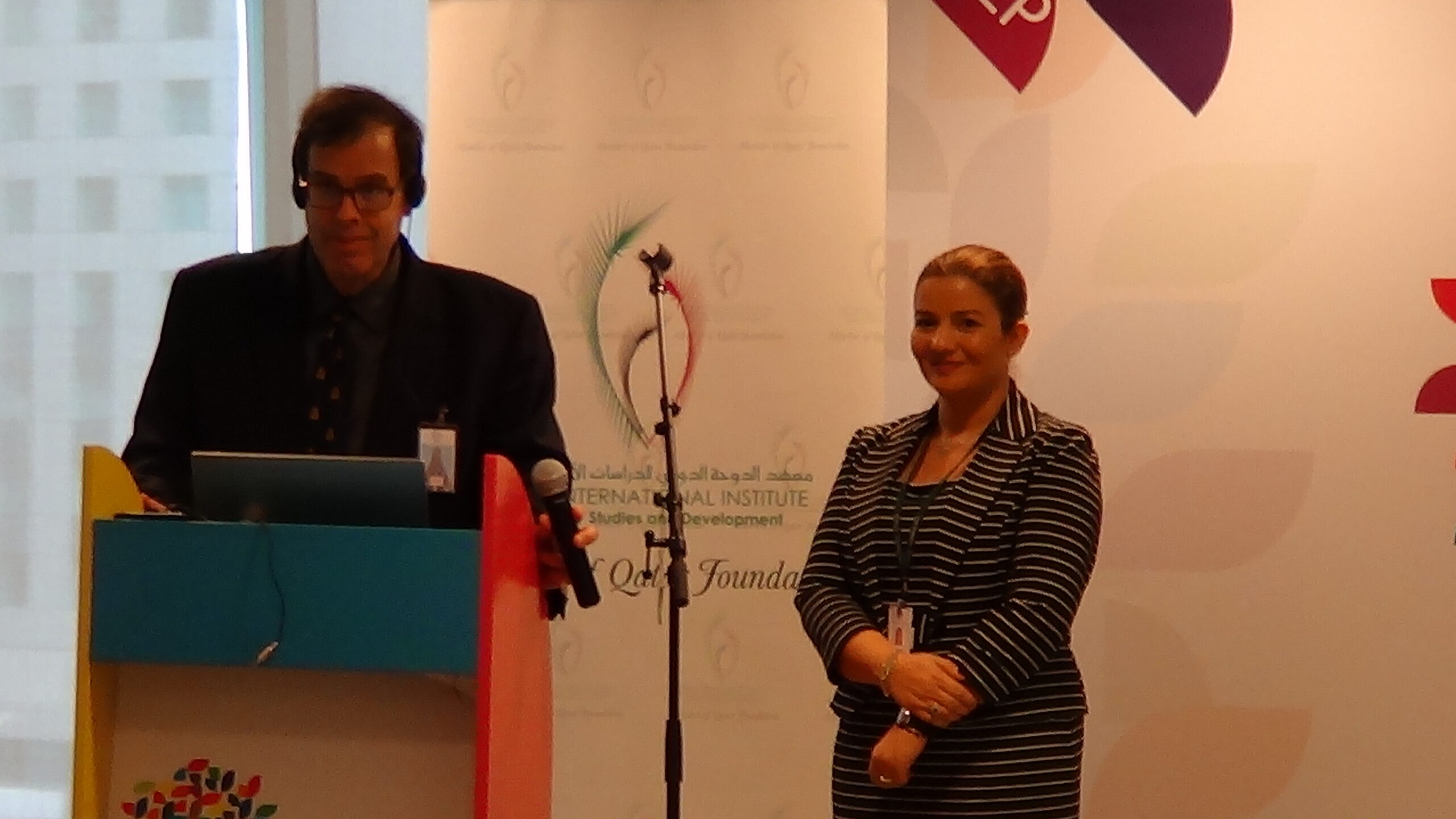
Lecture delivered by Nicholas Eberstadt from the American Enterprise Institute and National Bureau of Asian Research. The lecture aimed to discuss the changing fertility trends in Muslim countries.
There remains a widely perceived notion -still commonly held within intellectual, academic, and policy circles in the West and elsewhere – that Muslim societies are especially resistant to embarking upon the path of demographic and familial change that has transformed population profiles in Europe, North America, and other “more developed areas” (UN terminology). But such notions speak to a bygone era; they are utterly uninformed by the important new demographic realities that reflect today’s life patterns within the Arab world, and the greater Islamic world as well.
Throughout the Ummah, fertility levels are falling dramatically for countries and sub-national populations, and traditional marriage patterns and living arrangements are undergoing tremendous change.
Notably, four of the ten greatest fertility declines ever recorded in a 20-year period took place in the Arab world (Algeria, Libya, Kuwait, and Oman); adding in Iran, we see that five of these “top ten” unfolded in the greater Middle East. No other region of the world, not highly dynamic Southeast Asia, or even rapidly modernizing East Asia, comes close to this showing.
Given the extraordinary, indeed, often historically unprecedented, fertility declines that a number of Muslim-majority populations have sustained over the past generation, it is now the case that a substantial share of the Ummah is accounted for by countries and territories with childbearing patterns comparable to those contemporary affluent Western non-Muslim populations. The low fertility levels for the Muslim-majority societies in question, it should be noted, have generally been achieved on substantially lower levels of income, education, urbanization, modern contraception utilization, and the like, than those that characterize the more developed regions with which their fertility levels currently correspond today.
This presentation reviews the evidence on some of these aforementioned changes, examines some of their correlates and possible determinants, and speculates about some of their implications.
Ferility Decline in the Muslim World: Dimensions, Determinants, Implications

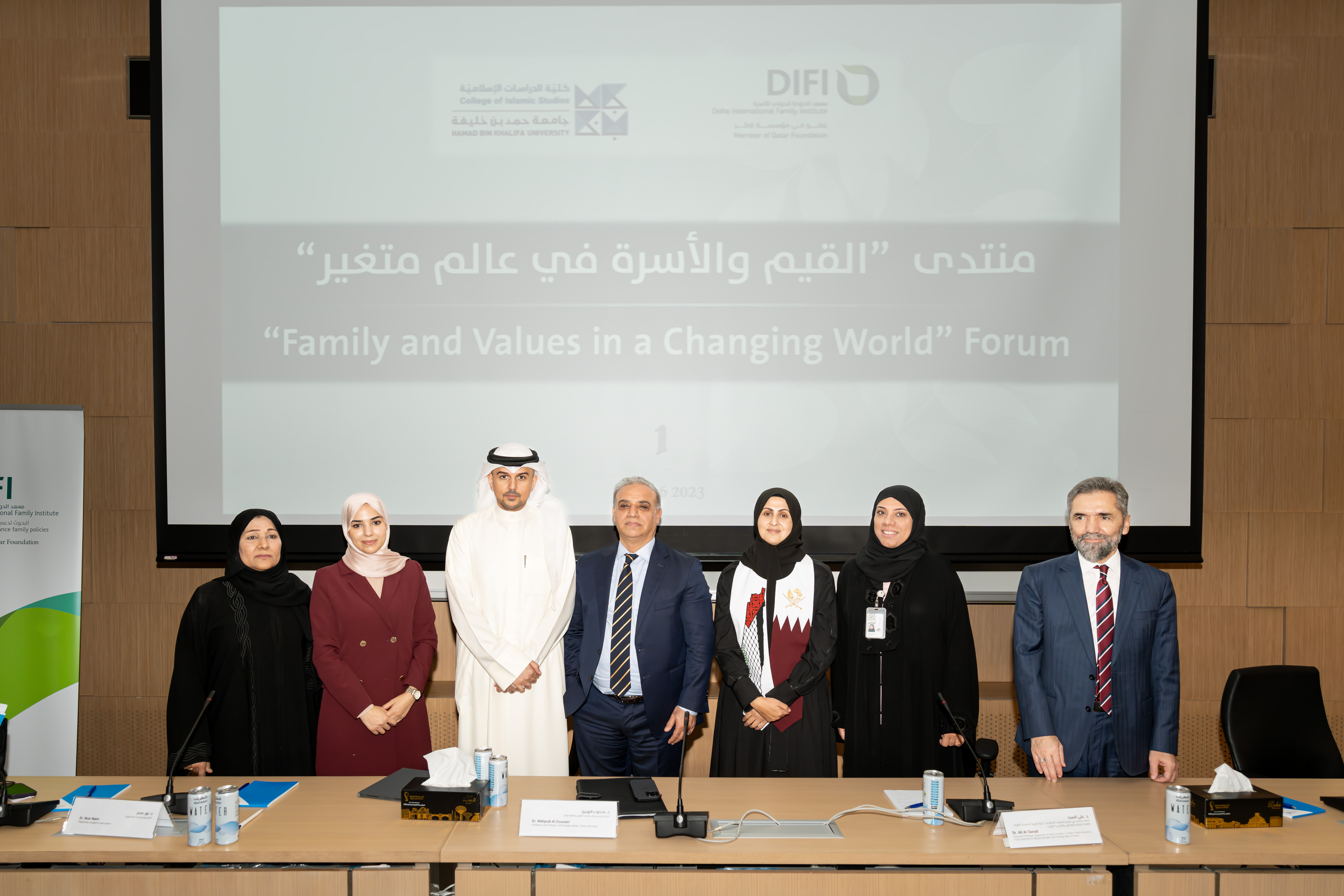

The Doha International Family Institute (DIFI) has launched the OSRA research grant in its sixth cycle which is a research grant on Arab families and family policy related issues.
Find Out More